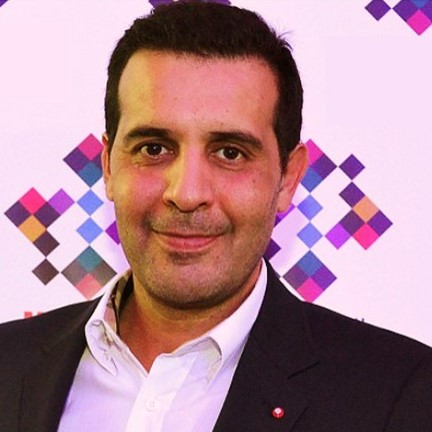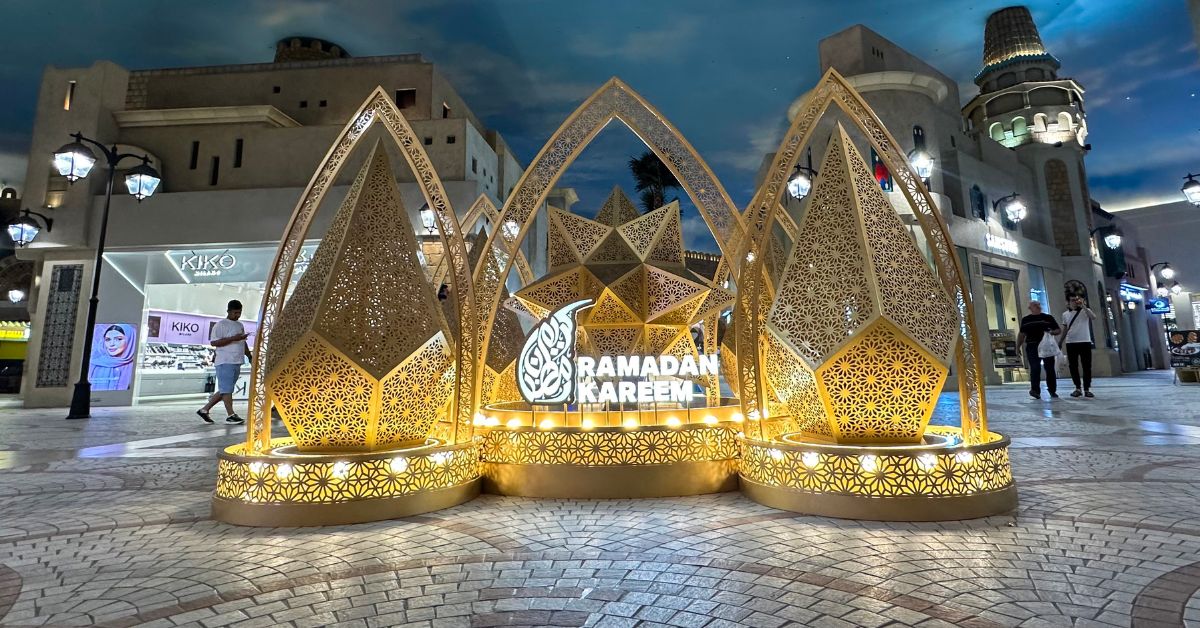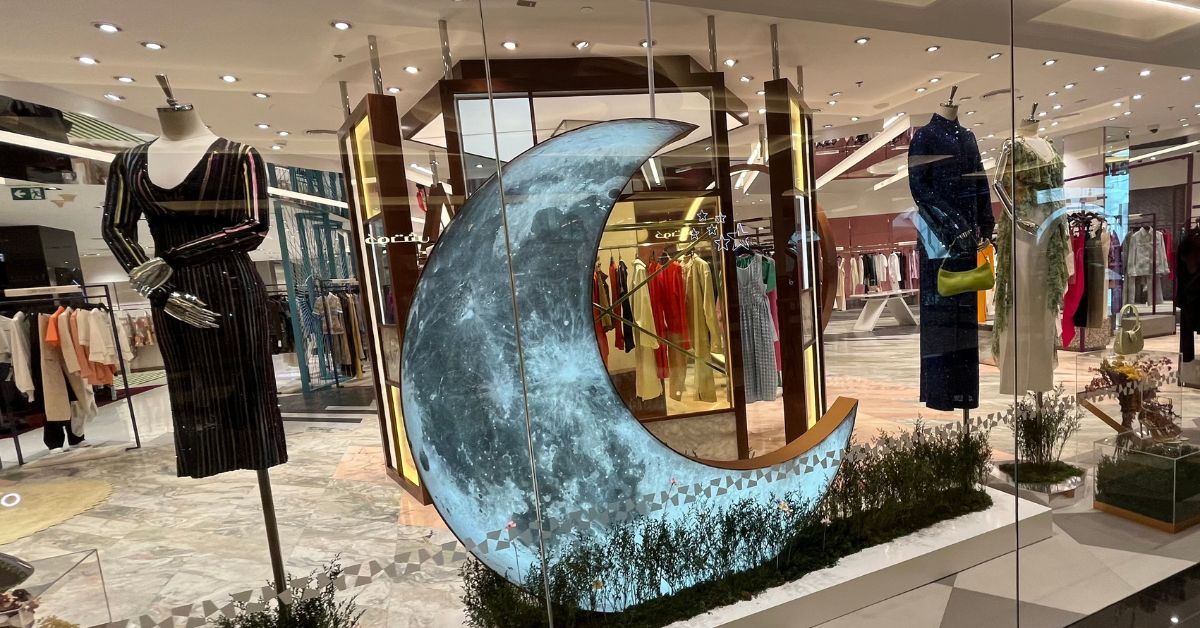DUBAI — As the new moon heralds the start of the holy month of Ramadan in the Gulf countries, the region experiences a profound shift in spiritual practices and consumer behavior.
Ramadan holds great religious importance and is a crucial period for businesses, marketers, and retailers, offering insights into the diverse patterns of consumer habits and spending.
Exploring the distinct behaviors during this sacred month uncovers an intriguing blend of tradition, culture, and modernity, impacting market trends.
Hakim Amar, Head of Retail Partnerships, EEMEA, GfK, an NIQ Company, notes significant changes during Ramadan, such as altered shopping hours. With different eating and sleeping schedules, malls and markets stay open later, accommodating shoppers after iftar and prayers.
At A Glance * Impact on Businesses: Ramadan is a pivotal time for businesses, offering insights into diverse consumer habits and spending patterns. * Changes in Shopping Habits: Altered shopping hours and a rise in e-commerce cater to the unique needs of consumers during Ramadan. * Increased Spending on Tradition: There's heightened demand for groceries, traditional foods, and gifts, reflecting increased socializing and hospitality. * Retail Sales Dynamics: Sales fluctuate during Ramadan, with a pre-month spike, mid-month slowdown, and end-month surge as Eid approaches. * Strategic Retail Adaptations: Retailers adjust offerings and marketing strategies to meet Ramadan's unique consumer demands, including bundle deals and special promotions. * Extended Store Hours: Retailers accommodate after-iftar shopping, leading to increased foot traffic and sales. * Cultural Sensitivity in Retail: Businesses implement culturally sensitive strategies to align promotions with Ramadan's ethos, enhancing brand reputation and sales.
There’s also a rise in e-commerce, with more people opting for online shopping for convenience, evident in the surge across e-commerce platforms.
Additionally, families usually spend more on groceries and food items for iftar and suhoor, leading to increased demand for traditional Ramadan foods and ingredients.
Ramadan encourages more socializing and hospitality, resulting in higher expenditure on gifts and hosting iftar gatherings. It’s common for people to exchange gifts and share meals with family, friends, and colleagues.
In the Gulf region during Ramadan, there’s heightened demand for traditional foods like dates and beverages, boosting grocery sales. Convenience foods become more popular as busy schedules lead to seeking quick meal solutions.

“However, retail sales have declined this month. They spike before Ramadan as consumers stock up, but slow down mid-month as the focus shifts to religious practices, family, and fasting. Retailers, therefore, maximize the pre-Ramadan demand surge and offer special promotions and discounts towards the end, anticipating Eid,” explains Amar, highlighting a rebound in retail sales as Ramadan concludes.
Approaching Eid al-Fitr, sales in telecom, small domestic appliances, clothing, and gifts surge as consumers gear up for celebrations.
These shifts underscore the need for retailers to tailor their product offerings and marketing strategies to meet the unique demands and preferences of consumers during this time, optimizing sales opportunities. For instance, numerous retailers introduce bundle deals on consumer electronics, motivating customers to buy more by enhancing the value of their purchases. Additionally, special offers, promotions, and bank discounts draw in price-conscious shoppers preparing for Ramadan and Eid celebrations.
Retailers might present exclusive discounts for a limited time, prompting customers to act swiftly before these offers end. Limited-time offers and flash deals are more appealing when they include added value, such as a complimentary gift or sample.
Amar notes that many retailers have extended their store hours to accommodate those who prefer to shop after iftar, leading to increased foot traffic and sales. Furthermore, numerous brands launch Ramadan campaigns centered on themes of family, togetherness, and giving, aiming to connect with customers and foster brand loyalty.

“The competitive retail landscape amplifies the use of discounts, with online platforms and pure players like Noon and Amazon playing a pivotal role,” he stated.
He further mentioned that retail companies balance commercial aims with cultural sensitivities during Ramadan by adopting strategies like cultural sensitivity training for staff, authentic marketing efforts, community engagement, customized campaigns, moderation in advertising, and focusing on diversity, inclusivity, and transparency.
Such measures ensure promotional activities align with the spiritual and communal ethos of Ramadan, building goodwill and trust among consumers. This approach not only enhances brand reputation but also drives sales.








